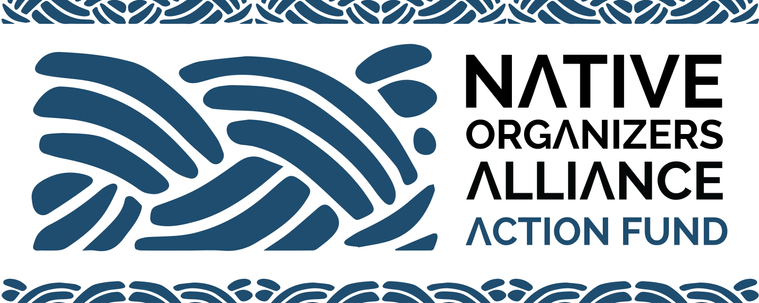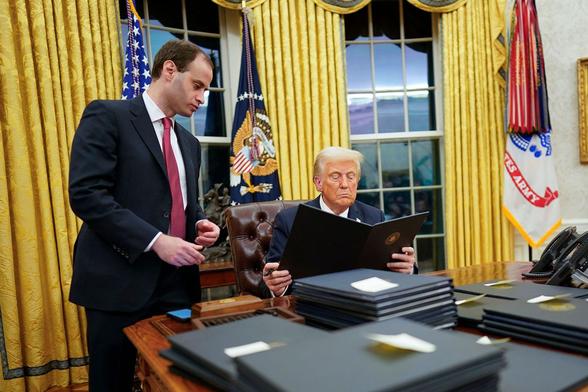https://actionnetwork.org/letters/burgum-respect-tribal-sovereignty-and-be-transparent

Burgum: Respect Tribal sovereignty and be transparent
After Deb Haaland oversaw Native homelands as the first Native Secretary of the U.S. Department of the Interior, we now have a new Secretary of the Interior, Doug Burgum. Many Tribal leaders are concerned about Burgum’s support for fossil fuel companies over land protections, and concerned about Trump’s past record of anti-Native policies. In Trump’s first term, for example, he tried to revoke protections for sacred places like the Bears Ears National Monument. But there are signs of hope: Burgum has said publicly that he wants to work with Tribes and respect Tribal sovereignty, and in the past as North Dakota’s governor he took some steps to listen to and recognize Native communities. Unfortunately, Burgum has said he’ll align the Department of the Interior with Trump’s plan to “unleash” U.S. energy by “encouraging energy exploration and production on federal lands and waters” and he has completed a 15-day review of National Monuments, but he hasn’t shared any details publicly or privately with Tribes. We need to know more about his plans, including whether or not he plans to maintain the progress Tribes made during Biden’s administration, such as a record number of federal-Tribal co-management agreements. Click ‘START WRITING’ to send a message to Secretary Burgum to follow through with his pledge to work with Tribes and respect Tribal sovereignty, starting with being transparent and seeking Tribal consultation on his plans.
